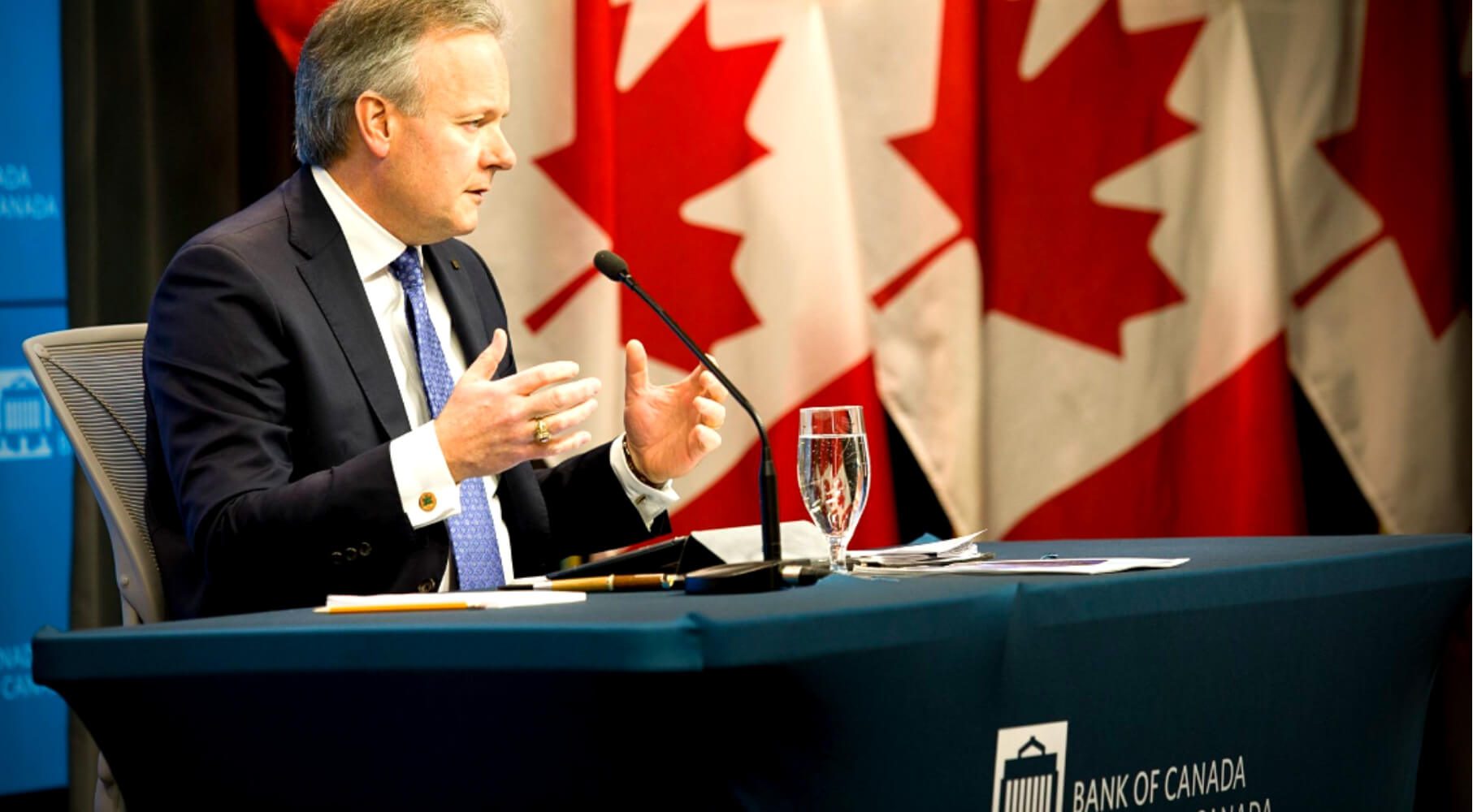 This article originally appeared in the Financial Post. Below is an excerpt from the article, which can be read in full here.
This article originally appeared in the Financial Post. Below is an excerpt from the article, which can be read in full here.
By Philip Cross, March 21, 2022
Stephen Poloz, former governor of the Bank of Canada, has followed a recent trend among central bankers by writing a book after leaving office. “The Next Age of Uncertainty” is part memoir and part discussion of long-term trends. Unfortunately, it short-changes monetary policy, which is what most people want in books from former central bankers.
Much of The Next Age of Uncertainty analyzes issues Poloz has raised in the past, including an aging population, uncertainty (about which he wrote a long paper in 2014), digitization, and automation. The book offers little that is new on these subjects, either from him or for the world. Rather than re-hashing familiar subjects, Poloz could have drawn on his experience as the head of a G7 central bank to provide unique insights into monetary policy.
Instead, he scrupulously avoids the many interesting questions surrounding monetary policy today, for instance: did Bank of Canada purchases of federal government bonds during the pandemic monetize the debt and fuel inflation? Or does it matter more if the bank buys new or existing government debt? Or if the economy’s nosedive during the pandemic’s onset was less like a typical recession and more like a natural disaster, from which economies typically recover quickly, why was extraordinary monetary stimulus maintained for so long? And what is the outlook for inflation after the massive fiscal and monetary stimulus of the pandemic? Is Canada’s housing market a bubble? There is even a long-standing debate about how to measure inflation — is it just the CPI, or should asset prices also be factored in? In sum, there is no shortage of interesting questions about monetary policy these days.
More fundamentally, Poloz completely ignores concerns about monetary stimulus raised by his one-time mentor, former deputy governor of the bank, William White, one of the few economists to predict the 2008 financial crisis. For years, first at the Bank for International Settlements and then OECD, White has warned about the risks of ultra-easy monetary policy undermining financial stability and lowering long-term potential growth. Poloz clearly was aware of these issues, yet never in his tenure as governor nor in this book does he discuss them. Did he disagree with White or was resistance from the Bank of Canada’s bureaucracy too great? That Poloz doesn’t mention White strongly suggests he disagrees with him, but he never articulates the case for relentless monetary stimulus.
***TO READ THE FULL ARTICLE, VISIT THE FINANCIAL POST HERE***





